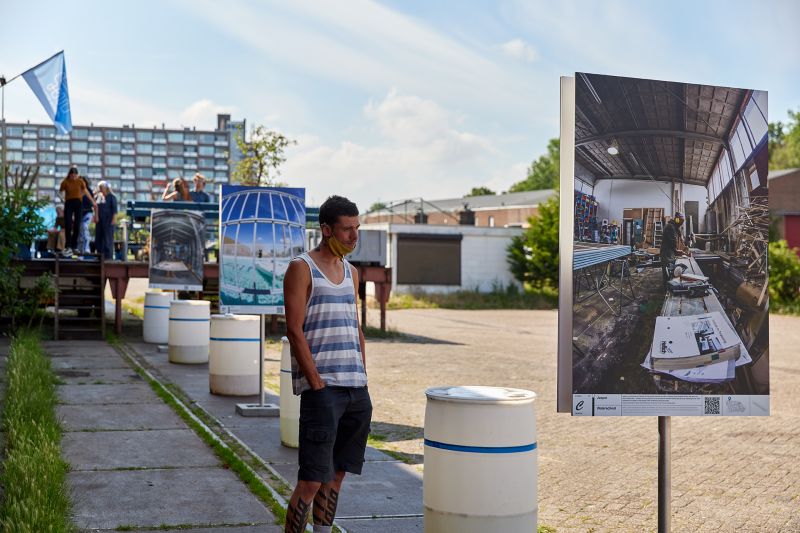
DOWN TO EARTH: WATERSCHOOL M4H+
image: Aad Hoogendoorn
A Waterschool for IABR–Test Site M4H+
In M4H, the Merwe-Vierhavens District, the old and the new merge into an urgent future harbor and urban development challenge. This makes it an ideal test site for the type of transitions that Rotterdam and many other port cities are facing. This is also why, in 2018, the IABR–Atelier Rotterdam conducted research into the potential of the circular economy and into the conditions and coalitions needed to optimally stimulate and facilitate such a process in this district, which the City of Rotterdam wants to turn into a sustainable and challenging living environment for mostly small business and 6,300 new residents.
To actively develop M4H into a testing ground for the circular economy, Studio Makkink & Bey and the IABR want to use the Waterschool to help set in motion an interactive process of learning-while-developing, a permanent and adaptive process of making Merwe-Vierhavens sustainable in conjunction with neighboring districts such as Bospolder-Tussendijken, Delfshaven and Oud-Mathenesse. Hence the plus: city + port = M4H+.
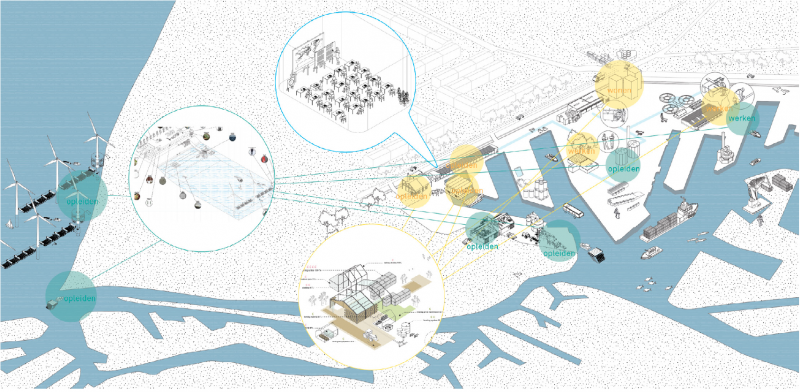
Artist's Impression Educational Test Site Waterschool M4H+
image: Studio Makkink & Bey
A Cultural Framework
The exhibition WATERSCHOOL M4H+ presents the result of an in-depth exploration of the former city harbor as a learning production landscape, a learning environment for the future that we can want, in a district in which some 3,000 (live-work) dwellings for around 6,300 people are to be built in the next couple of years.
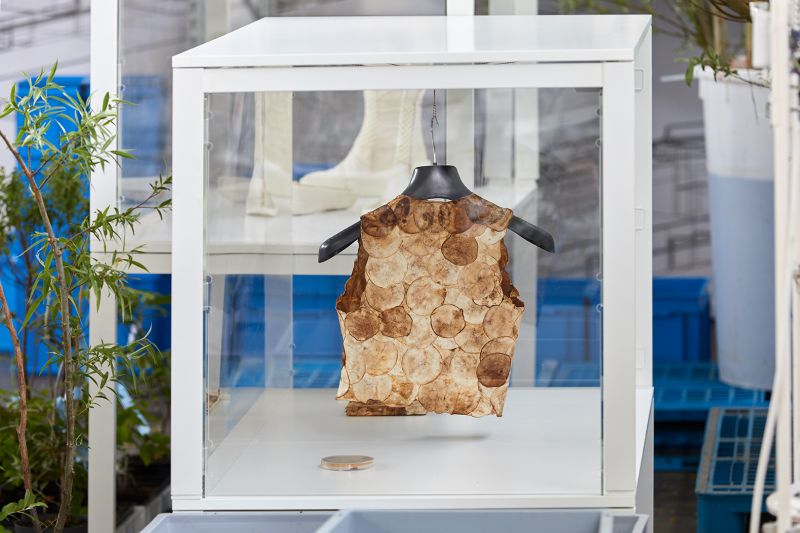
DOWN TO EARTH: WATERSCHOOL M4H+
picture: Aad Hoogendoorn
Dialogue with the small-scale manufacturing industry
Makkink and Bey focus on three issues that are central to this (re)development: food production, energy production, and live-work environments. The Waterschool first and foremost aims to promote a dialogue between science, culture, and the small-scale manufacturing industry. In fact Makkink and Bey want to superimpose a cultural framework onto the spatial framework approved by the city and the port authority in 2019. This comprises a program by which the Waterschool can take permanent root in M4H as the driving force behind a learning production landscape with a dynamically growing archive and an ever-evolving network: a library that links up perfectly with the district’s ambitions, including a future-oriented collection of (references to) work by artists, designers, and (local) businesses that feed M4H with new insights and developments. In line with the objectives of the IABR, the Waterschool deliberately aligns itself with the 2030 Agenda for Sustainable Development and with Resilient Rotterdam.
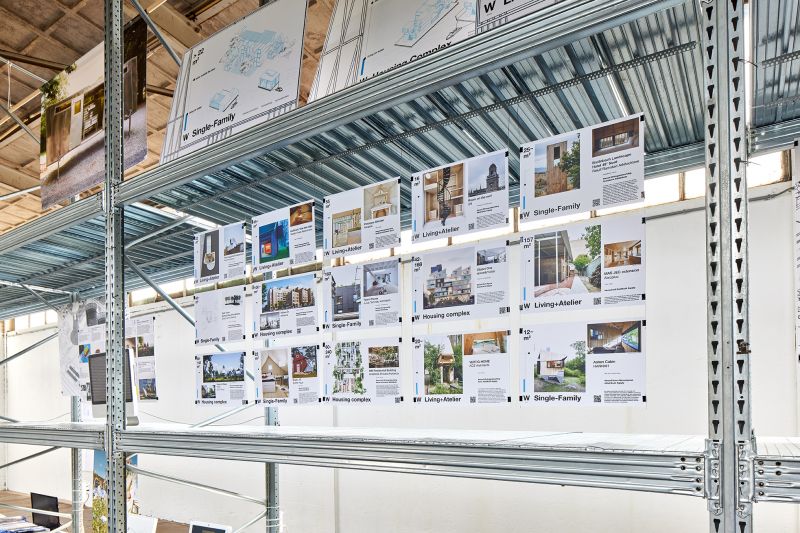
DOWN TO EARTH: WATERSCHOOL M4H+
picture: Aad Hoogendoorn
Program
Questions that will come up during the WATERSCHOOL M4H+ program in the context of DOWN TO EARTH include: How can we develop, preserve and distribute existing and new knowledge and skills in M4H and actually use them for the development of the district? How do we optimally involve all relevant parties? And how do we swing into action? Underneath these lie research questions such as: How can we, collectively, as a collaborative commons, develop the ecological intelligence necessary for living meaningfully and balanced in this specific environment? How can we achieve equal interaction between all organisms, communities, and their environment? How can we concretely continue to build a learning, sustainable and circular production landscape, hoping to meet the water challenge and to provide 6,300 new residents with an optimized ecological footprint?
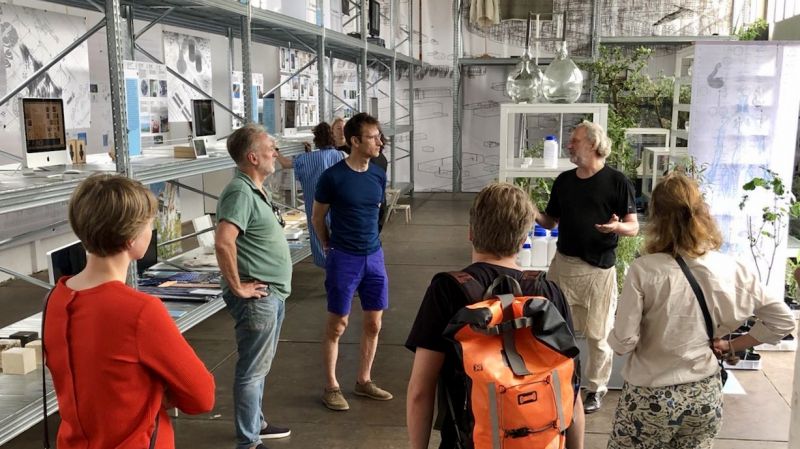
WATERSCHOOL M4H+ - guided tour by Jurgen Bey
image: Melany van Twuijver
For more info about DOWN TO EARTH: WATERSCHOOL M4H+ click here